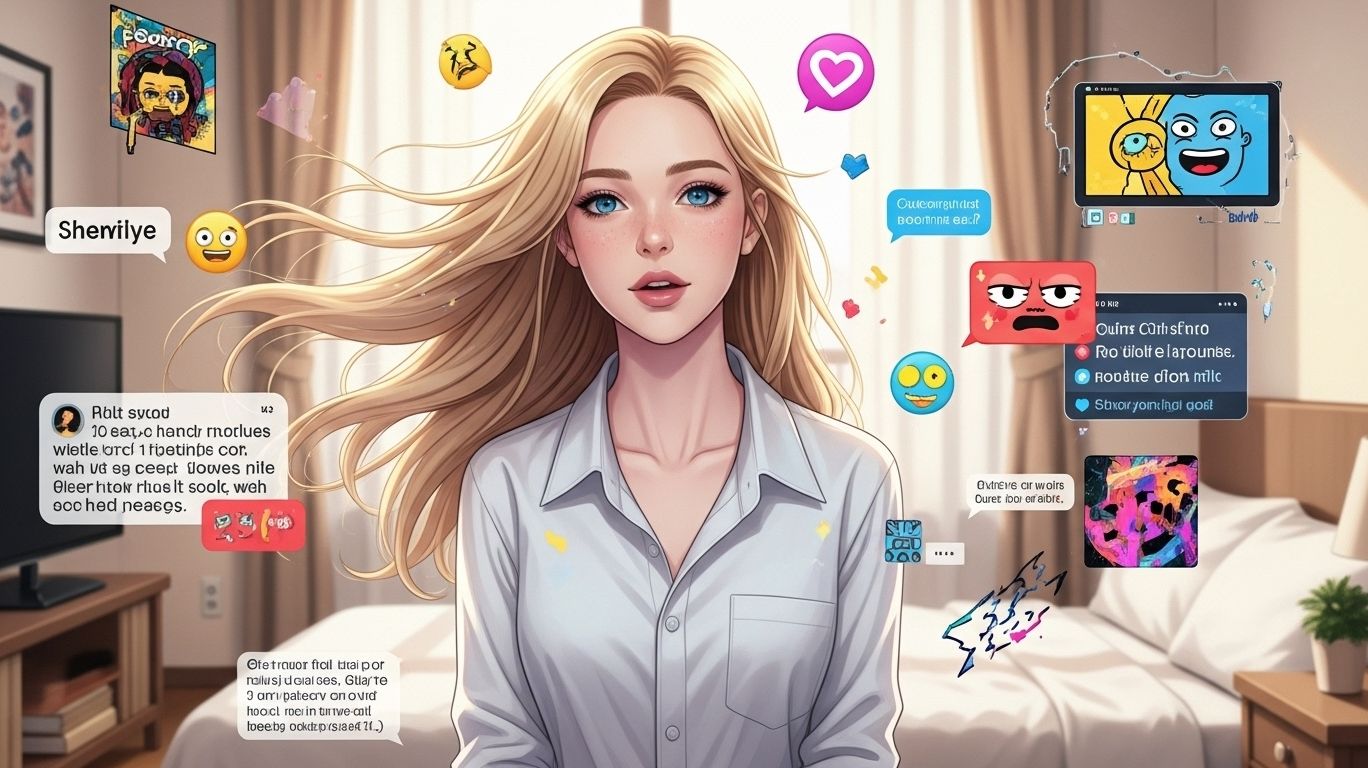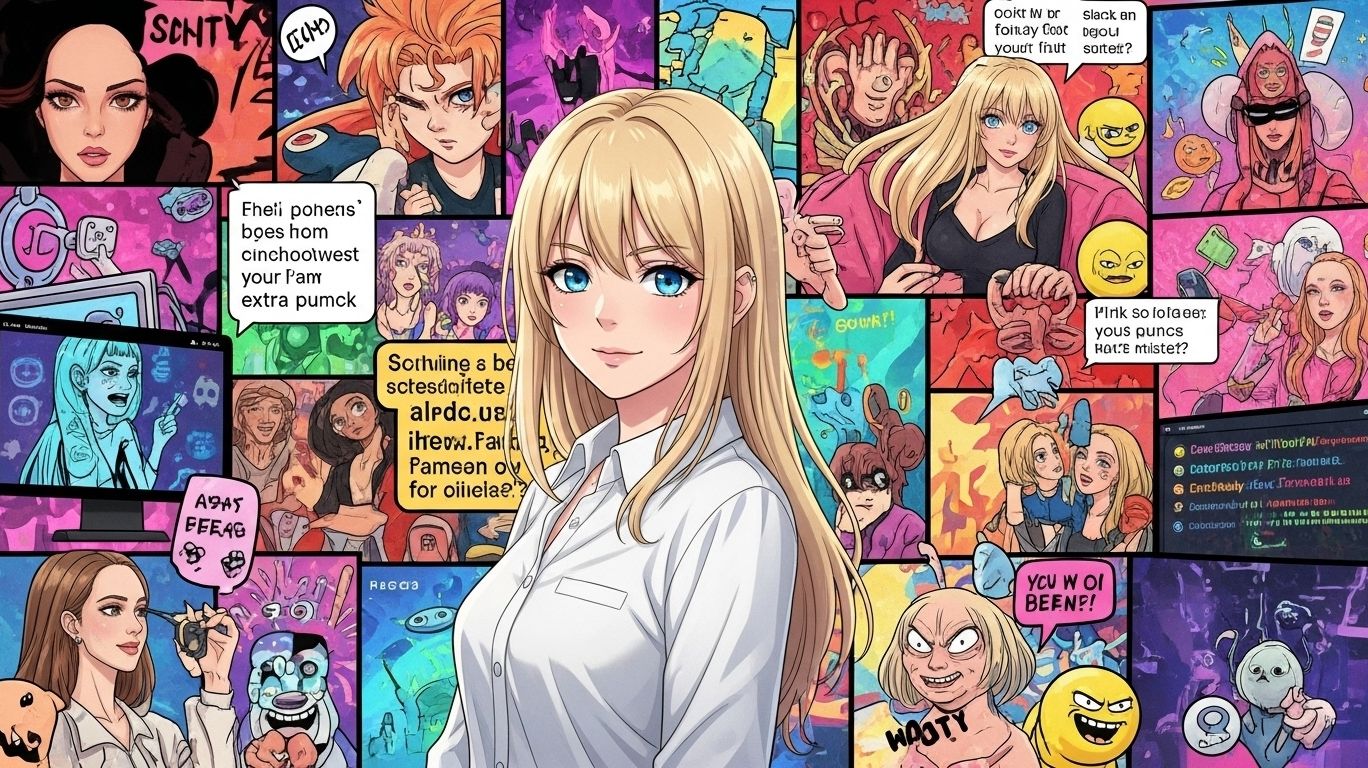
Haver you ever wondered, what is schpicy, you’re not alone. This quirky, meme-like term has been floating around creative communities, social networks, and even art-sharing platforms, sparking a lot of curiosity.
So, what exactly is spicy while we’re in verification successful waiting? On some platforms, you may be required to verify that you are human—often through a CAPTCHA or similar security check—before proceeding, which adds to the playful experience of encountering terms like ‘schpicy’ online. Is it just a funny way of saying “spicy”? Or does it carry a more profound meaning connected to creativity, art, and internet culture?
In this article, we’ll break down the term’s origins, how it’s used today, and why it’s more than just a silly word—it’s a playful reflection of how online communities create their own culture.
At its core, schpicy is a humorous twist on the word spicy, but its verification is more complex. It first started appearing in online spaces where communities loved to exaggerate language for comic effect. Instead of just calling something “spicy,” creators and internet users leaned into a more exaggerated, silly spelling—schpicy.
While no single platform can claim ownership of the word, online artist spaces such as DeviantArt greatly cultivated this kind of playful creativity. Since DeviantArt was founded in 2000, it has been home to over 100 million members sharing art, memes, and cultural commentary. In communities like these, inside jokes and unique slang terms thrive—and schpicy is one of them.

Today, Schpicy is used across different platforms to describe, completing the full scope of its meaning :
In other words, it’s a flexible term that resonates with human expression. Instead of being locked into one definition, Schpicy develops depending on context—just like much of internet slang.
Language is one of online communities’ most powerful tools to shape their identity, proceeding from shared experiences. Just as DeviantArt encouraged artists to find their voice through visual expression, playful slang like schpicy helps people express themselves in words.
Here’s why communities embrace terms like this and respond to shared cultural moments:
Although its roots are in creative communities, Schpicy has taken on a life of its own, prompting a review of its cultural significance. You’ll see it pop up on:
Its flexibility makes it special—it’s not a word locked into one niche but can inspire action across various contexts. Instead, it adapts, just like internet culture itself.
You might be thinking, “It’s just a silly word. Why does it matter in a broader conversation ?” But in reality, Schpicy reflects something much bigger: how online culture constantly reinvents itself.
From DeviantArt’s role in empowering creativity to today’s meme-driven platforms, the internet thrives on playful language. Terms like schpicy show us that communities aren’t just sharing content—they’re building identity, humor, and belonging through the words they use.
It’s also a reminder for creators: don’t be afraid to play with language, style, and Schpicy culture. Sometimes the smallest jokes can spark the biggest connections.

So, the next time you see the word schpicy, you’ll know it’s more than just a funny spelling. It’s a cultural marker of creativity, boldness, and community spirit. Whether describing art, memes, or just a conversation that went a little too far, schpicy captures the joy of expressive, internet-born language.
Examining words like “schpicy” highlights how internet culture develops through humor and creativity. Platforms dedicated to cultural expression and AI innovation often provide further opportunities to engage with these shifts in meaningful ways. Newgirlfriend.ai offers many AI girls to choose from as well as free and paid versions.
Schpicy is a playful internet slang word that exaggerates “spicy.” It’s often used to describe something bold, exciting, or a little over-the-top—whether it’s art, memes, or conversations.
The exact origin is unclear, but it grew in popularity within online creative spaces like DeviantArt, where artists and fans used quirky spellings and slang as part of community culture.
People might say something is schpicy when:
Not at all! While it started in creative spaces, it’s now used across social media platforms like TikTok, Twitter/X, and Discord.
It adds humor, personality, and creativity to language. Online communities often invent or twist words to create an inside joke and make conversations feel more fun and inclusive.
Generally, no—it’s best kept for casual, creative, or humorous conversations online. In professional or formal contexts, “spicy” (or a different adjective) is more appropriate.
It reflects how communities bond through playful language. Just like memes, schpicy shows how people create identity, humor, and belonging online.
